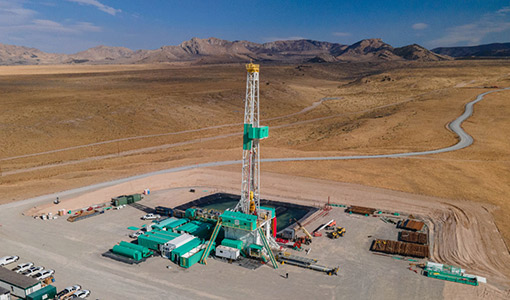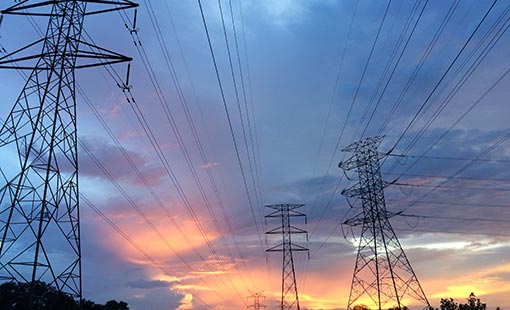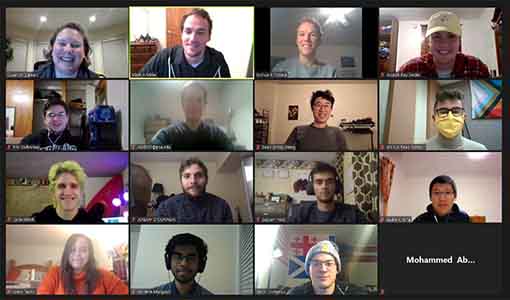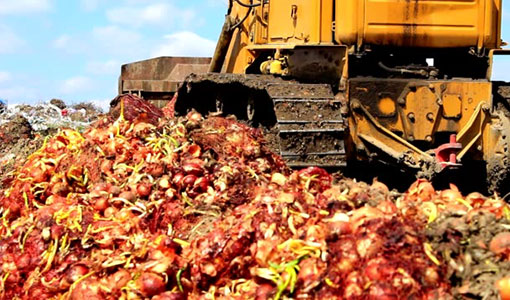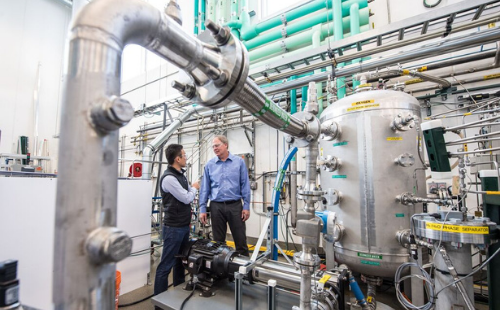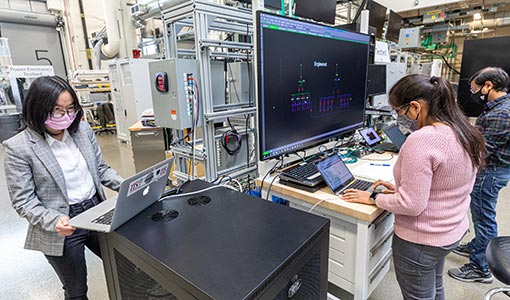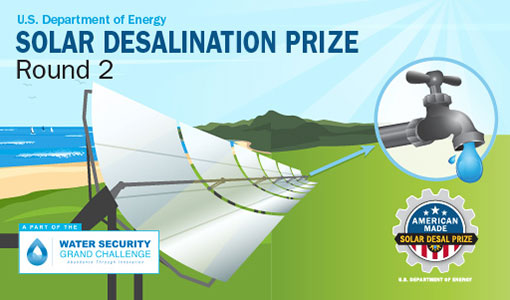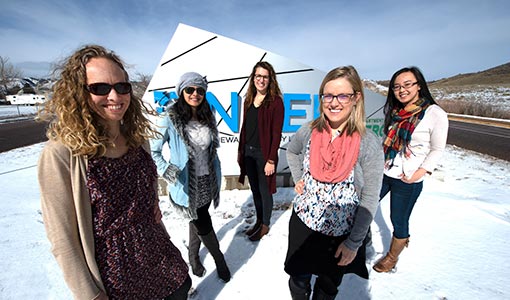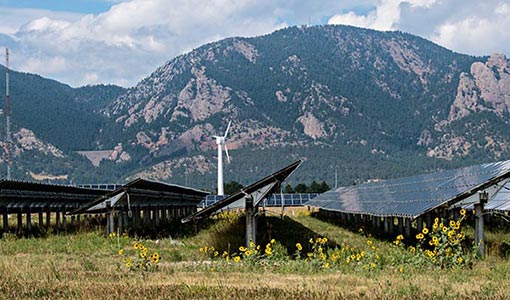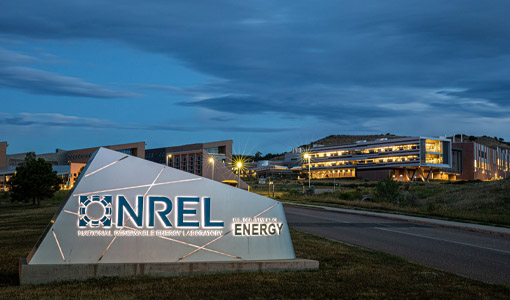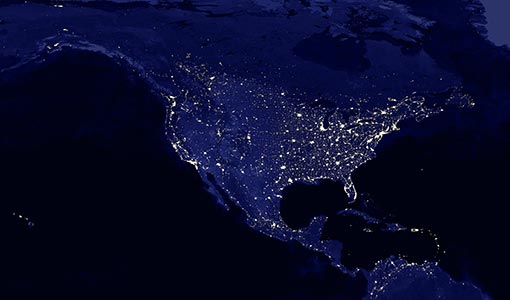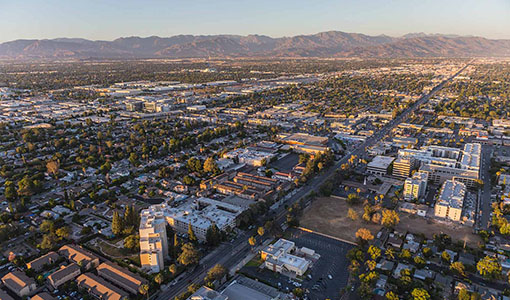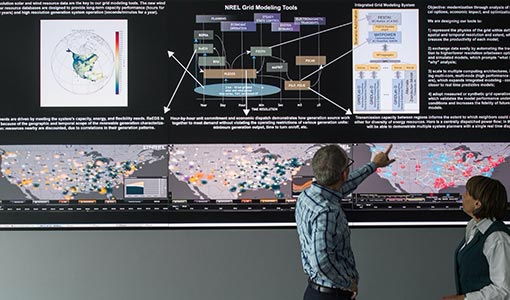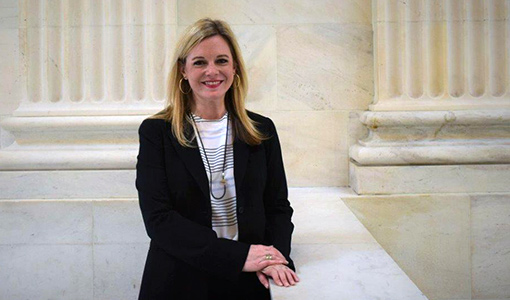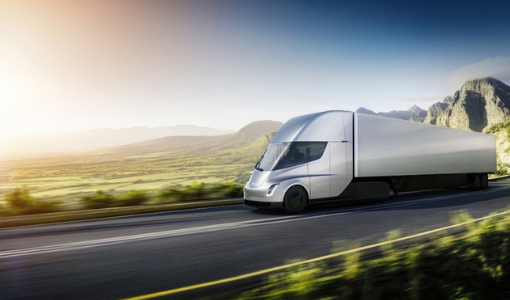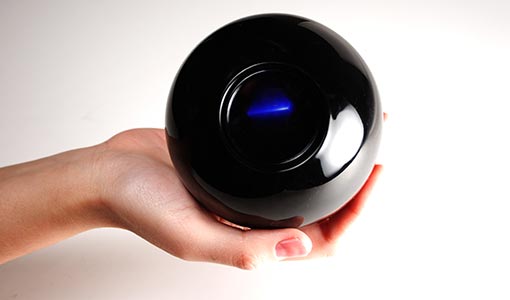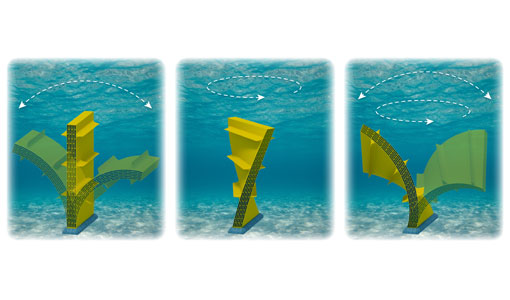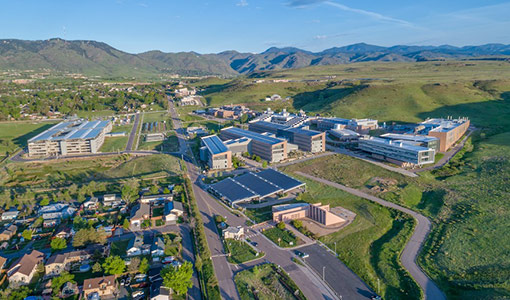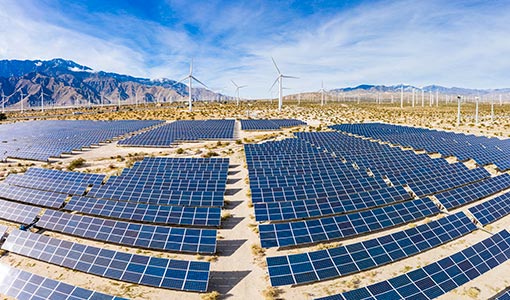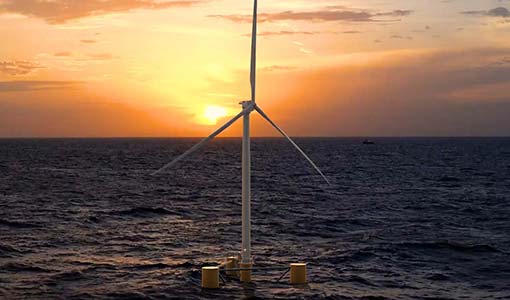July 2021
News Release: New NREL Report Details Current State and Vast Future Potential of U.S. Geothermal Power and Heat
A new publication from NREL showcases the current state of geothermal energy use in the United States and provides an outlook to a future where geothermal power and heat can play a key role in the national transition to a renewable, decarbonized energy system.
2021 Annual Technology Baseline Adds Technologies, New Data Features To Support High-Impact Energy Analysis
The 2021 Annual Technology Baseline offers new and improved electricity-generation technology cost and performance data to inform high-impact U.S. electricity-sector analysis.
Students Build Skills for the Clean Energy Economy in 2021 Collegiate Wind Competition
The CWC aims to prepare students from multiple disciplines to enter the wind energy workforce by providing real-world technology experience. This year's contest met that goal with 173 students from a range of disciplines, including engineering, economics, and architecture
News Release: What To Do With Food Waste? Well, That Depends
The expected decline in the number of landfills across the United States coupled with bans on disposing large amounts of organic waste in landfills that have been enacted in multiple states has prompted researchers at NREL to examine other ways to grapple with the issue of food waste disposal.
DOE Recognizes Multiple NREL Hydrogen Researchers at 2021 Annual Merit Review Awards
The U.S. Department of Energy Hydrogen Program recently honored nine National Renewable Energy Laboratory researchers for their outstanding achievements at the 2021 Annual Merit Review and Peer Evaluation Meeting.
NREL Issues Request for Information on Advanced Distribution Management System Research
NREL is soliciting feedback from industry, utilities, grid operators, governments, and other grid stakeholders around applications of the Advanced Distribution Management System (ADMS) Test Bed, a capability for validating advanced grid architectures, controls, and operations.
June 2021
Solar Desalination Prize Round 2 Seeks Innovative Desalination Technologies Combined With Storage
Department of Energy launches second round of Solar Desalination Prize with new focus on storage.
From Satellite Launches to Expert Energy Analysis for Earthlings
NREL's Modeling and Analysis Group is an interdisciplinary team of technical experts who support government and private entities with techno-economic modeling and analysis of energy efficiency, renewable energy, storage, and microgrids.
NREL Finds Keeping Renewables at Today's Levels—or Limiting Their Growth—Results in Higher U.S. Power System Costs
Simulations show nonlinear relationship between renewable contribution and costs—and that the U.S. can get to 80+% renewables at the same cost as keeping the system at today’s 20%.
Technology Commercialization Fund Awards NREL $4.9 Million To Bring Tech to Market
The U.S. Department of Energy funded 16 National Renewable Energy Laboratory awards through its Technology Commercialization Fund (TCF).
North American Renewable Integration Study Highlights Opportunities for a Coordinated, Continental Low-Carbon Grid
Multiyear analysis shows that increasing electricity trade between countries and expanding interregional transmission can support a reliable future power system.
News Release: Groundbreaking NREL Analysis Points to No-Regrets Pathways to Meet LA's Ambitious Clean Energy Goals
Unprecedented in scale and the first of its kind—the Los Angeles 100% Renewable Energy Study (LA100) provides insights into how the city can meet its clean energy targets. LADWP, the largest municipal utility in the country, currently generates more than half of its electricity from renewable and zero-carbon resources.
Study Kicks Off Multiyear Effort To Modernize U.S. Electricity Markets
To address challenges for future electric markets, a major research collaboration has published its first study for a national project targeting grid modernization and understanding current market design challenges and opportunities.
News Release: NREL Names Meyer Seligman To Lead New Government Relations Office
NREL has named Meyer Seligman as director for Government Relations. In this new position for the laboratory, Seligman will be responsible for ensuring NREL stakeholders are informed on NREL's research to help advance the laboratory's mission.
Researchers Identify Near-Term Opportunity for Heavy-Duty Electric Trucks
Researchers recently studied a promising opportunity for near-term electrification within this segment through depot charging.
Are Hybrid Systems Truly the Future of the Grid? NREL's Magic 8-Ball Says: "Concentrate and Ask Again."
Recent analyses suggest a need for coordinated dialogue and consistent modeling to understand the value of hybrid renewable energy systems.
How Wave Energy Could Go Big by Getting Smaller
With funding from the U.S. Department of Energy's Water Power Technologies Office, NREL researchers are exploring ways to significantly advance wave energy converter design and development.
News Release: NREL Announces Plans To Collaborate With Georgia Institute of Technology
NREL and the Georgia Institute of Technology have signed a memorandum of understanding (MOU) to bolster the interactions, collaborations, and joint scientific output of both institutions.
The Challenge of the Last Few Percent: Quantifying the Costs and Emissions Benefits of a 100% Renewable U.S. Electricity System
Large-scale simulations by NREL researchers show that the U.S. can get close to 100% renewable generation cost-effectively—but the final few percent drive a nonlinear increase in total system cost.
Partnerships Amplify Velocity of Offshore Wind Innovation
With support from the U.S. Department of Energy's Office of Energy Efficiency and Renewable Energy, NREL’s 150 wind energy researchers are teaming up with over 45 organizations to make offshore wind energy a reality.
Last Updated May 28, 2025

